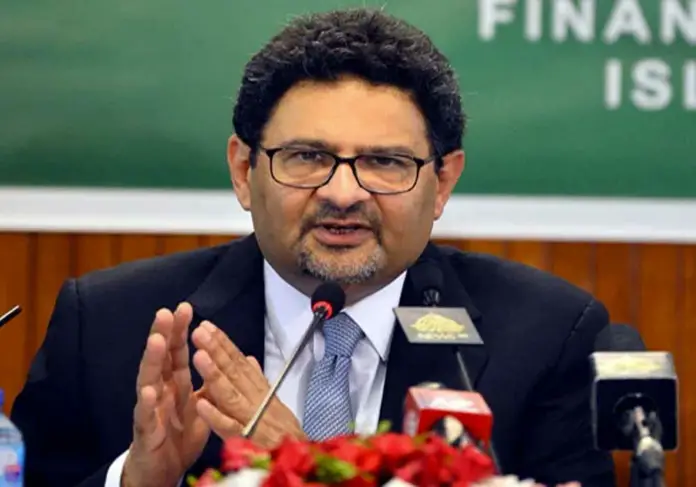Finance Minister Miftah Ismail has said that despite the catastrophic floods, Pakistan would “absolutely not” default on debt obligations.
In an interview to Reuters, Finance Minister Miftah Ismail has said that Pakistan’s economy has suffered at least $18 billion in losses after floods, which could go as high as $30 billion, adding that despite the disaster most stabilization policies and targets have been on track.
He said that about $5 billion in investments from Qatar, UAE and Saudi Arabia will materialize in the current financial year.
“The path to stability was narrow, given the challenging environment, and it has become narrower still,” Finance Minister Miftah Ismail told Reuters at his office.
“But if we continue to take prudent decisions then we’re not going to default. Absolutely not,” the finance minister asserted.
He said that despite the disaster most stabilization policies and targets were still on track, adding that the reserves of the State Bank of Pakistan stood at $8.6 billion only enough for about a month of imports.
He said that Pakistan would still be able to increase reserves by up to $4 billion. However, he estimated the current account deficit will not increase by more than $2 billion following the floods.
The finance minister said that external financing sources were secured, including over $4 billion from the Asian Development Bank (ADB), Asian Infrastructure Investment Bank and World Bank. He also said that about $5 billion in investments from Qatar, the UAE and Saudi Arabia would materialize in the ongoing fiscal year.
State Bank of Pakistan had announced that the development authority of Saudi Arabia had extended a deposit of $3 billion, to mature in December, by one year.
The finance minister said that a legal instrument was going to be signed soon with a “friendly country” to activate a $1 billion deferred payment facility for oil.







